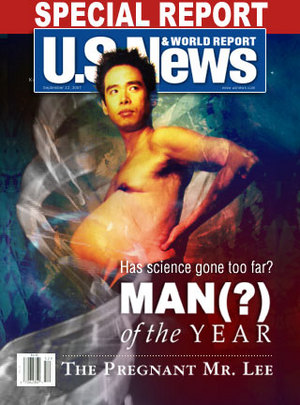This is an archive of the ArtCat Zine, 2007-2009. Please visit our new project, IDIOM.
Everyday Rituals at MOMA
"I would like," wrote Michel de Certeau, "to follow out a few of these multiform, resistance, tricky and stubborn procedures that elude discipline without being outside the field in which it is exercised, and which should lead us to a theory of everyday practices, of lived space, of the disquieting familiarity of the city." And so he did, creating, in the process, one of the properly liberating texts in the theoretical canon; The Practice of Everyday Life. For de Certeau, the everyday life of the consumer was not simply fodder for Foucault's insidious disciplinary dispotifs, or the mere mechanized banality excoriated by the situationists, Vaneigem's "...desperate fraternity in sickness." Instead, it was the site where a marginalized majority deployed countless individual tactics to subvert, undo, repossess and otherwise reclaim an alienated landscape. To wit: "Imbricated within the strategies of modernity... the procedures of contemporary consumption appear to constitute a subtle art of 'renters' who know how to insinuate their countless differences into the dominant text."
What then to make of those contemporary artists who focus on the 'everyday' as the basis for their own practice? This will be the topic of a discussion this Thursday at the MOMA, featuring two artists ostensibly so involved, Tino Sehgal and Lee Mingwei. Sehgal, for one, has often been asked about the lineage between his work and the historically oppositional cast such dematerializations have aspired to, an affinity he seems to reject. Tickets are ten dollars, eight for members.
ZINE
HOME
TIPS / COMMENTS
CATEGORIES
CONTRIBUTORS
- Greg Afinogenov
- B. Blagojevic
- Adda Birnir
- Susannah Edelbaum
- Julie Fishkin
- Paddy Johnson
- Jessica Loudis
- Christopher Reiger
- Andrew Robinson
- Peter J. Russo
- Blythe Sheldon
- S.C.Squibb
- Hrag Vartanian

